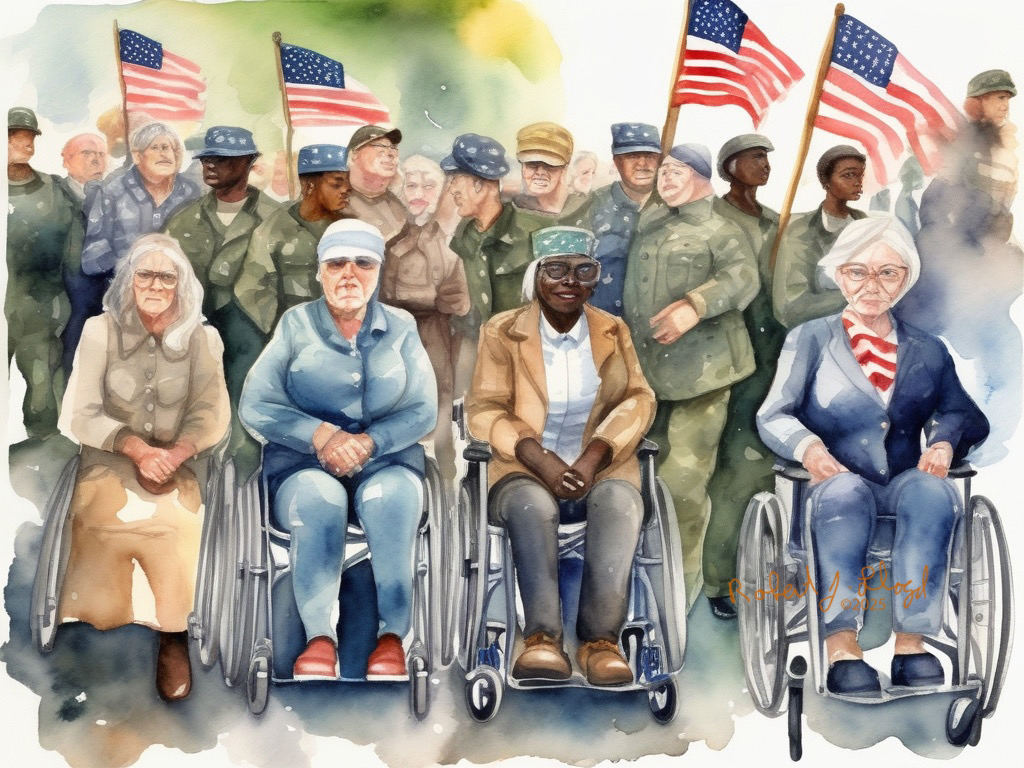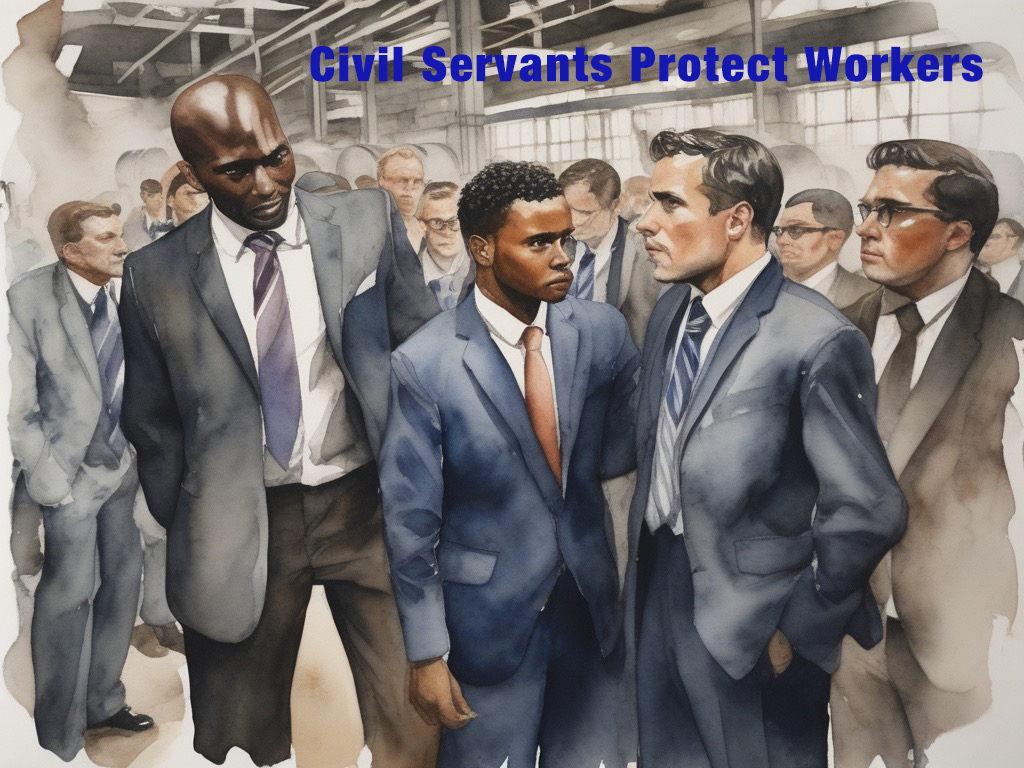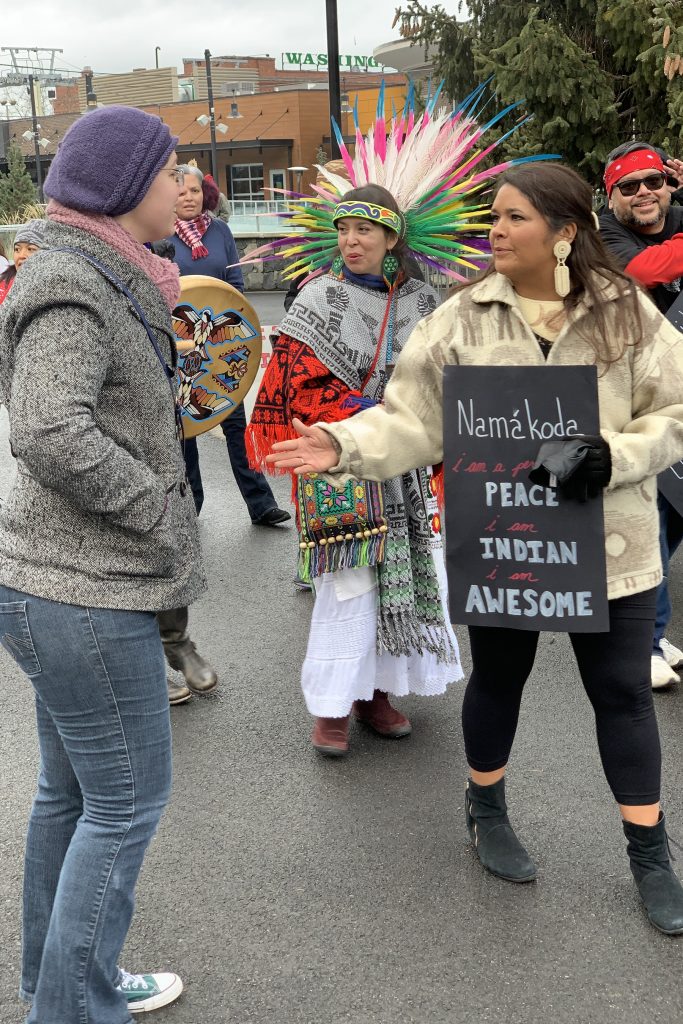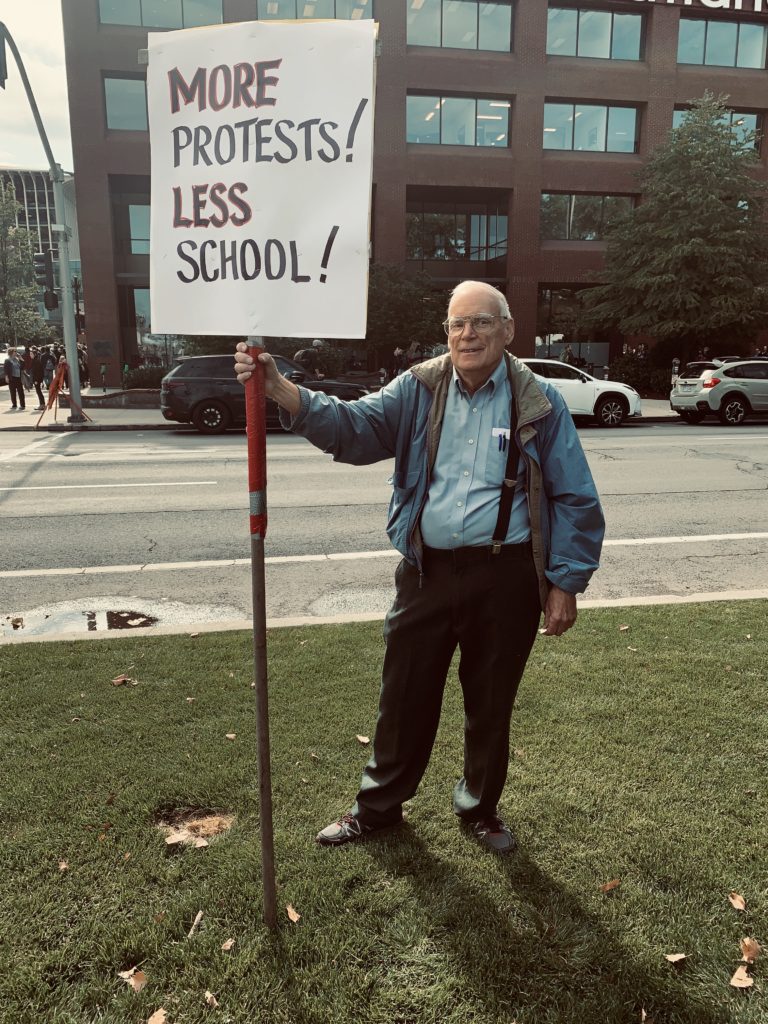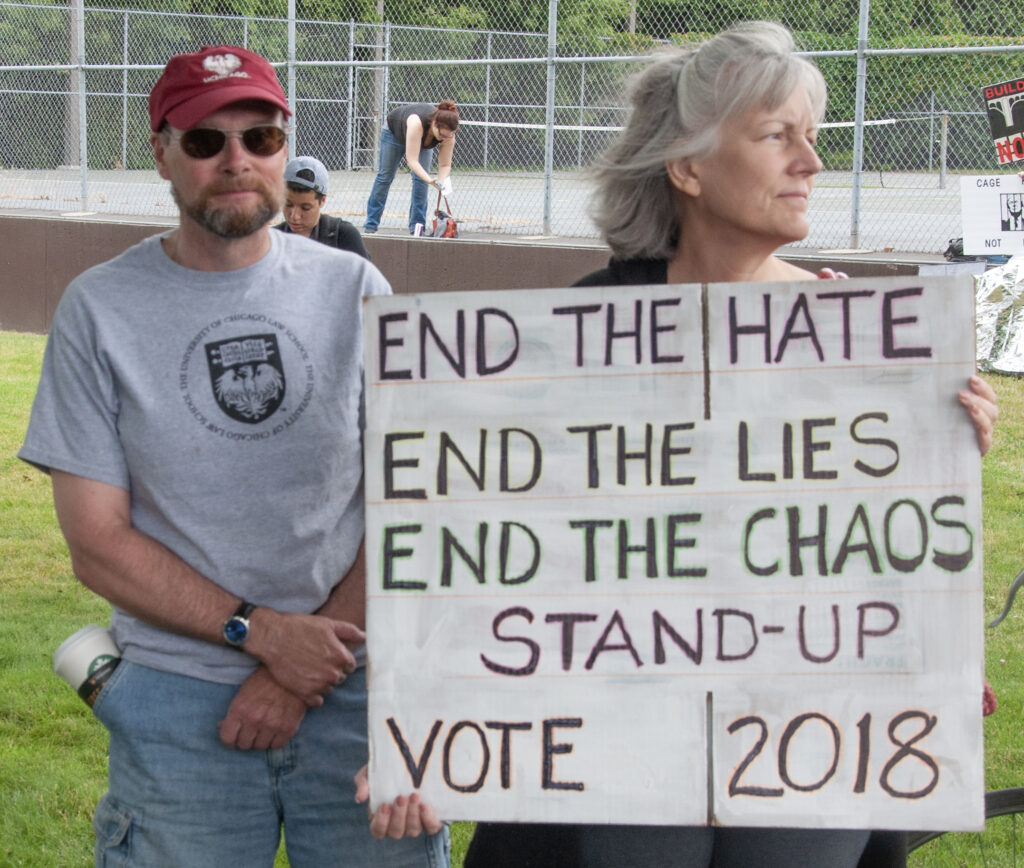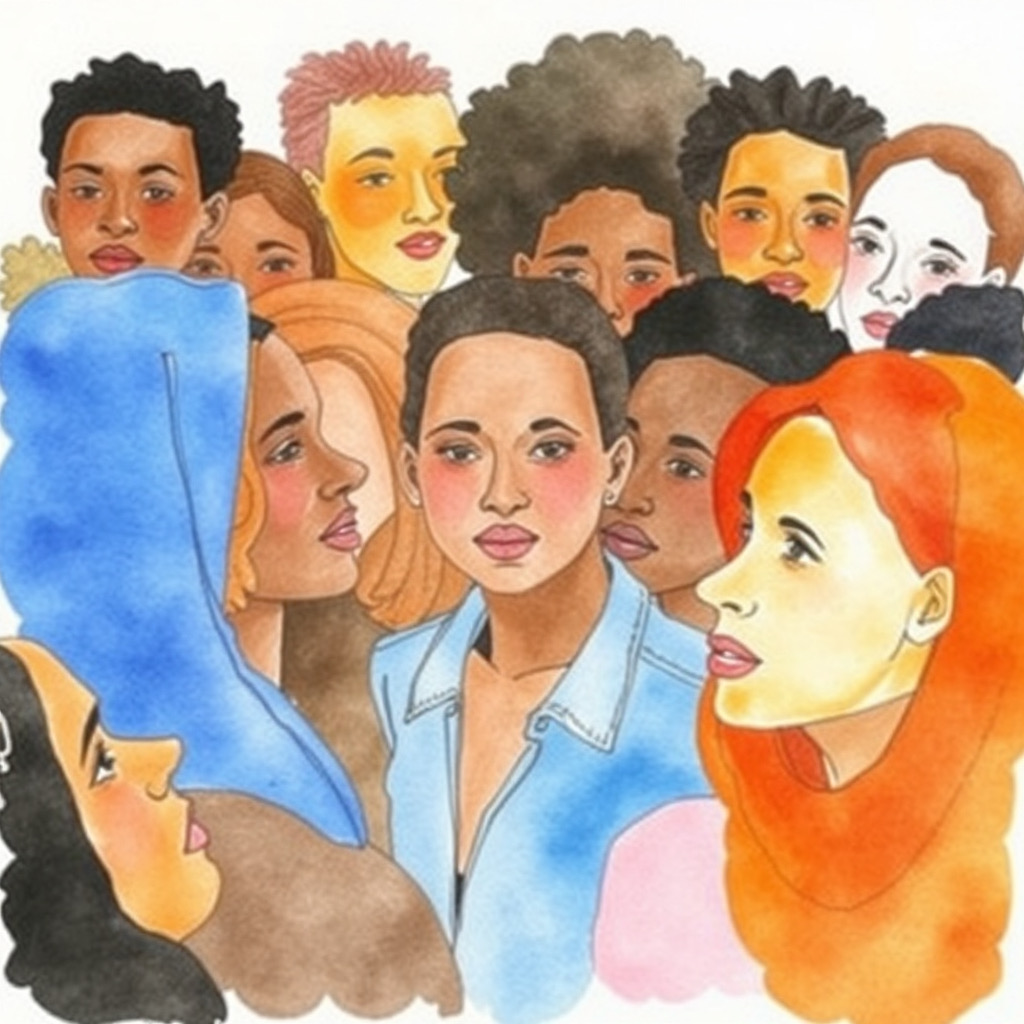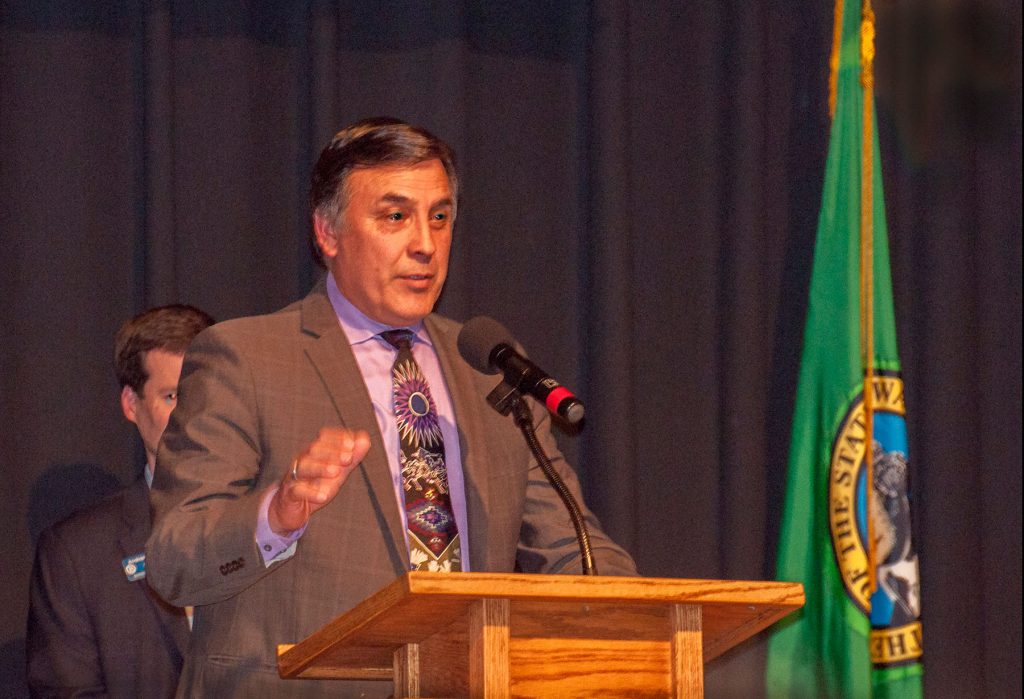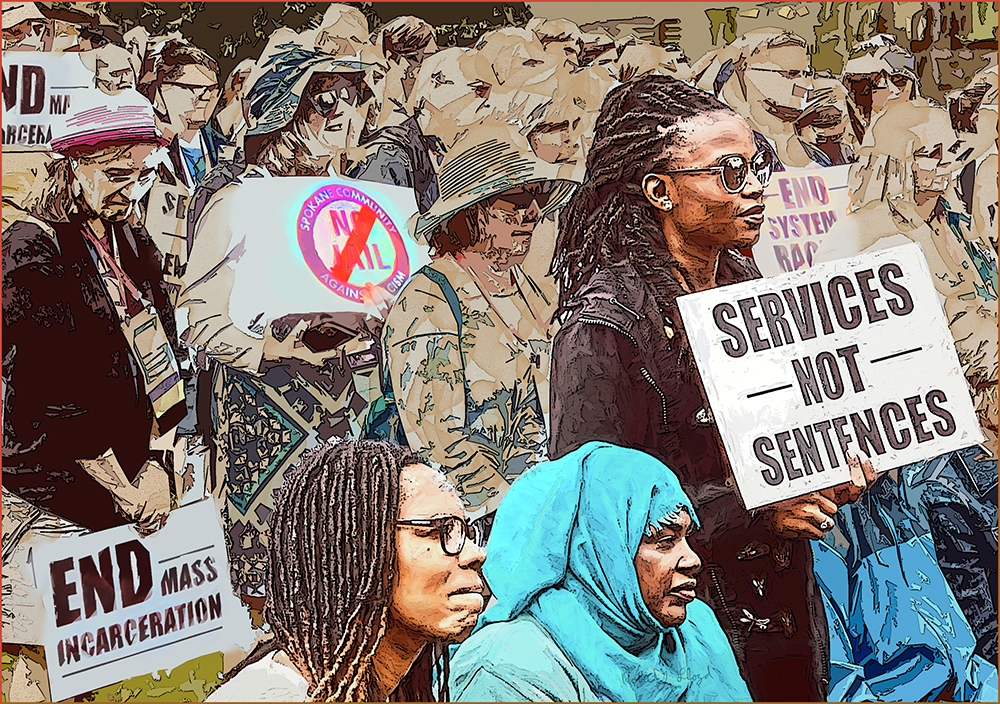This article is inspired by an audit of Dr. King’s unfinished business and a speech given by Michael McPhearson at All Saint’s Lutheran Church in Spokane Washington. The occasion was the commemoration of the the 80th anniversary of the bombing of Hiroshima and Nagasaki.
Envisioning and Living the Future
To build a future worthy of our highest hopes we must describe what we seek. We must describe in ways that invite others to join us. This vision isn’t just rhetoric—it’s a lived practice. It means:
- Justice for all and lifting up the disadvantaged must be at the center of our movement.
- We are called to dismantle unjust criminalization systems and insist on equal protection under the law.
- Our vision is not complete until we commit to ending poverty and systemic racism. We also must commit to ending the war economy that perpetuates suffering at home and abroad.
- We must also end ecological devastation, recognizing that justice is inseparable from the health of our planet.
Identifying Allies and Adversaries
Dr. King taught us to discern between those who oppose justice and those who simply differ in approach.
Ask:
- Do we share a vision for a world where the marginalized are protected?
- Are we united in building bridges across lines of division?
- Do we seek to transform the political, economic, and moral structures of society so all can live with dignity?
If we agree on these foundations, even if our strategies diverge, we are not enemies. True opposition lies in those who divide, dehumanize, or deny justice.
Building Unity and Integrity
- Unity is not about erasing differences, but about uniting under a moral narrative that puts people first.
- Our work must be non-partisan and sustained, recognizing that justice is not a one-time event but a continuous struggle.
- Nonviolence is both our method and our message, ensuring our integrity is never undermined by hate.
Living the Principles
It’s easy to talk about justice and peace; it’s harder to live these values every day. We must:
- Include even those who oppose us, for justice and peace must be for all, not just those we like.
- Let love for humanity guide us, using our anger to fuel change, but never letting hate dictate our actions.
A Vision for All
We must unite—across race, religion, ideology, and background—if we share this vision. We are a time when hate, xenophobia, patriarchy, white supremacy, and fascism are on the rise. Our response must be a movement rooted in Dr. King’s principles:
- Justice for all
- Protection for the marginalized
- Unity and nonviolence
- Transformation of society’s core structures
- A deep commitment to sustained, moral action
Closing Thought
We can use our anger to fuel us. However love for humanity must guide us as we build this new world. By grounding ourselves in these 14 principles, we honor Dr. King’s unfinished work and ensure our movement remains both visionary and actionable.

